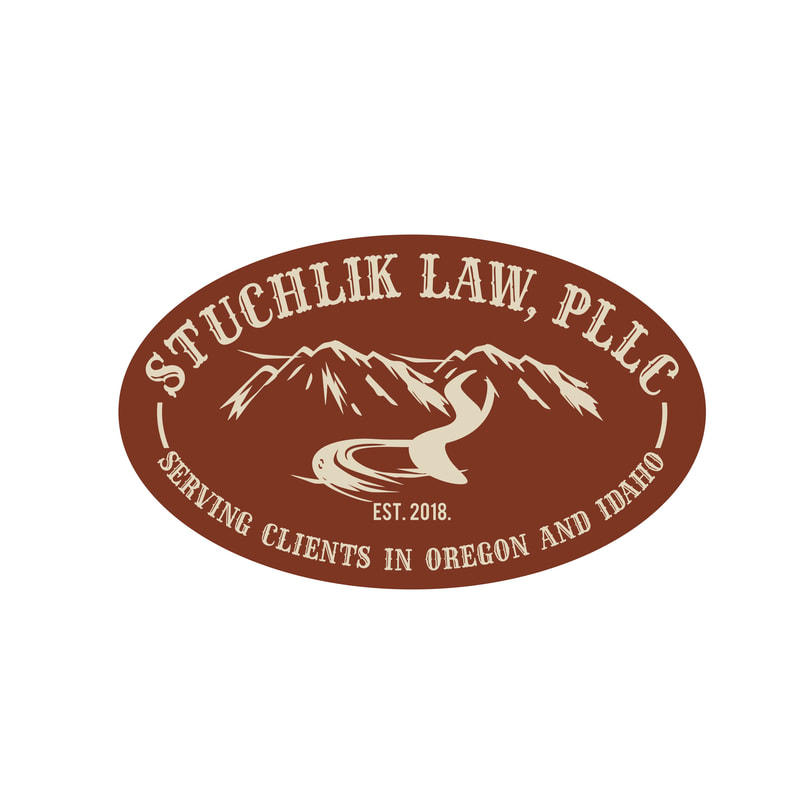|
What does “probate” mean?
By Steve & Kiley Stuchlik, Attorneys at Law Probate is the legal (court) process for the general administration of an individual’s estate, with or without a will (i.e., payment of decedent’s debts and distribution of a decedent’s asset as directed in the decedent’s will or as directed by the state’s intestate succession laws in the case of a decedent who passed without a last will). It’s important to note that there may be more than one process available for the distribution of the assets of a decedent, which will be dictated by the laws of the state of administration (where the decedent was domiciled or owned real property). Idaho and Oregon, the two states we practice in, for example, vary quite a bit in their options; but, both states do have a more expedient “small estate” process available for estates where the value of the decedent’s assets is under certain amounts. Idaho also has a proceeding available for a surviving spouse where an estate consists solely of community property. Depending on the nature of the decedent’s assets, the assets may be “non-probate assets,” meaning assets will pass outside of probate such as by a beneficiary designation or payable on death designation; thus, unless the decedent also has assets that are subject to probate administration, no court probate proceeding will need to be initiated. If you have been nominated to be in charge of an estate or you are a potential heir to the estate of a relative who passed away without a will, it is important to discuss the decedent’s situation with an attorney experienced in probate administration to determine if probate is necessary and if so, the most appropriate proceeding. With the caveat in mind that the type of procedure required will vary depending on the state of administration and the nature and value of a decedent’s assets, a typical, non-small estate probate would proceed as follows:
The following are circumstances under which probate will be avoided:
The last two categories are examples of what are referred to as “non-probate assets,” which will not need to be transferred pursuant to a court probate proceeding. Nonetheless, non-probate assets will be subject to the legitimate debts of the decedent. In the case of assets transferred to a trustee, there will need to be a trust administration, which procedure is similar to a probate proceeding. You might be wondering whether you should employ a planning strategy to avoid probate. And likely, you’ve heard a horror story about a probate that took years and cost thousands of dollars in court costs and attorney’s fees. The truth is that in some states the probate process is more involved, meaning an increase in attorney time, and the courts require higher costs throughout the process. On the other hand, there are other states, such as Idaho, where court costs are relatively low and there is minimal court involvement, meaning lower attorney’s fees. Frankly, an estate that drags on for years or gets horribly expensive is mostly likely due to fighting among the heirs and devisees, rather than the process itself. In order to definitively advise you as to whether you should endeavor to avoid probate, we need to know your state of domicile, information about the nature of your assets (type, value, location) and what is important to you and your legacy. Next month, we’ll explain some circumstances under which one would want to avoid probate and the pros and cons of creating a revocable living trust as a planning tool. Comments are closed.
|
Details
AuthorSteve Stuchlik - Attorneys at Stuchlik Law PLLC practicing estate planning, probate, real property, and local government law. Archives
December 2021
Categories |
 RSS Feed
RSS Feed
